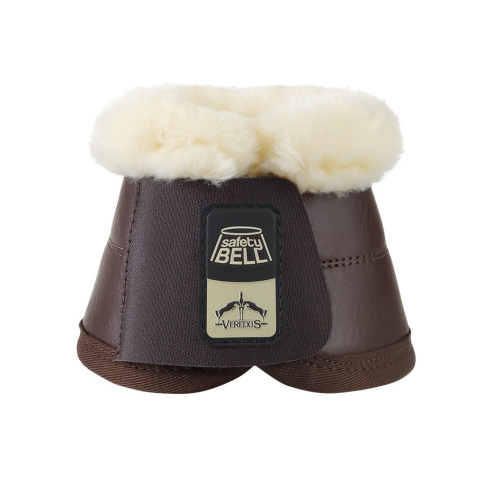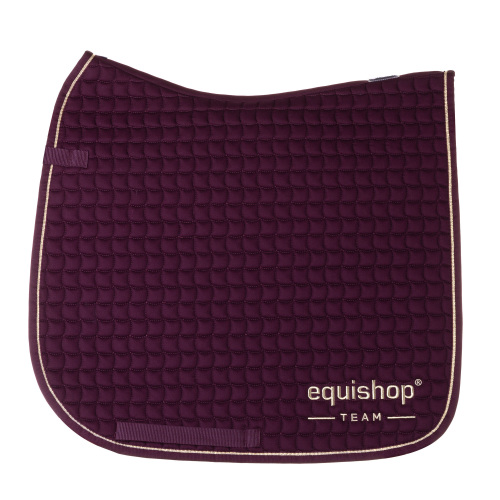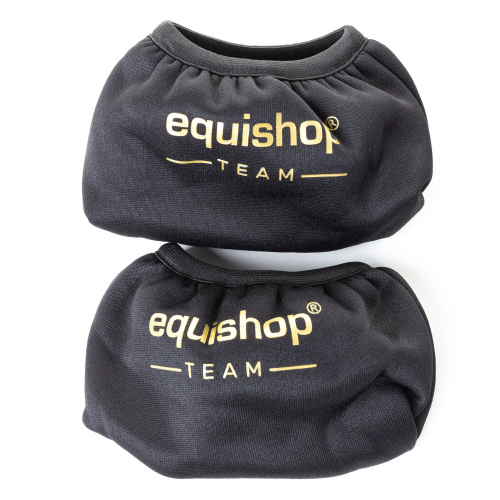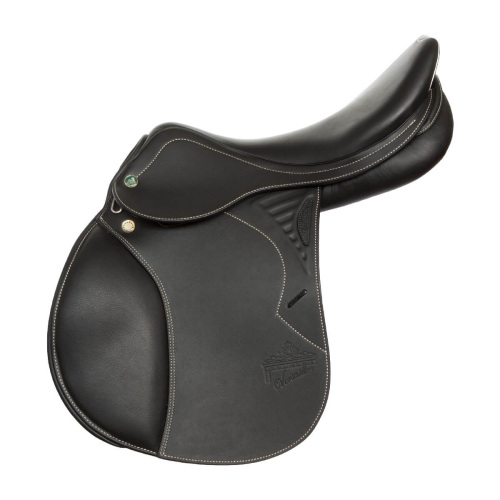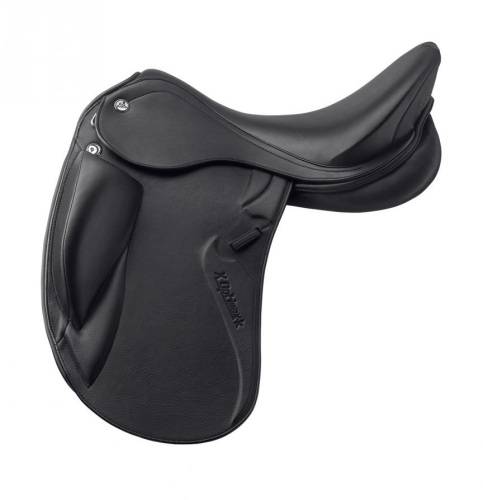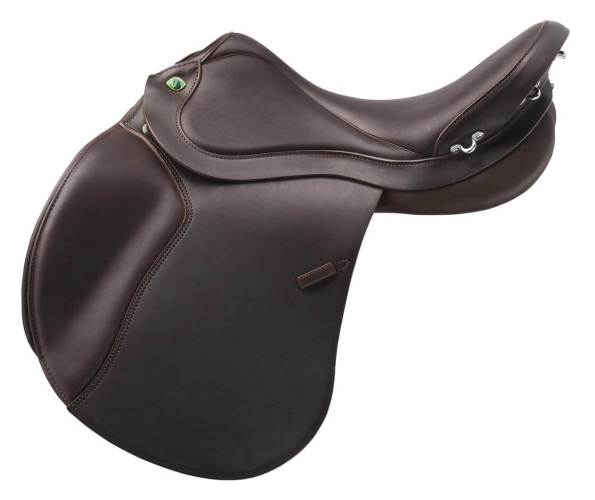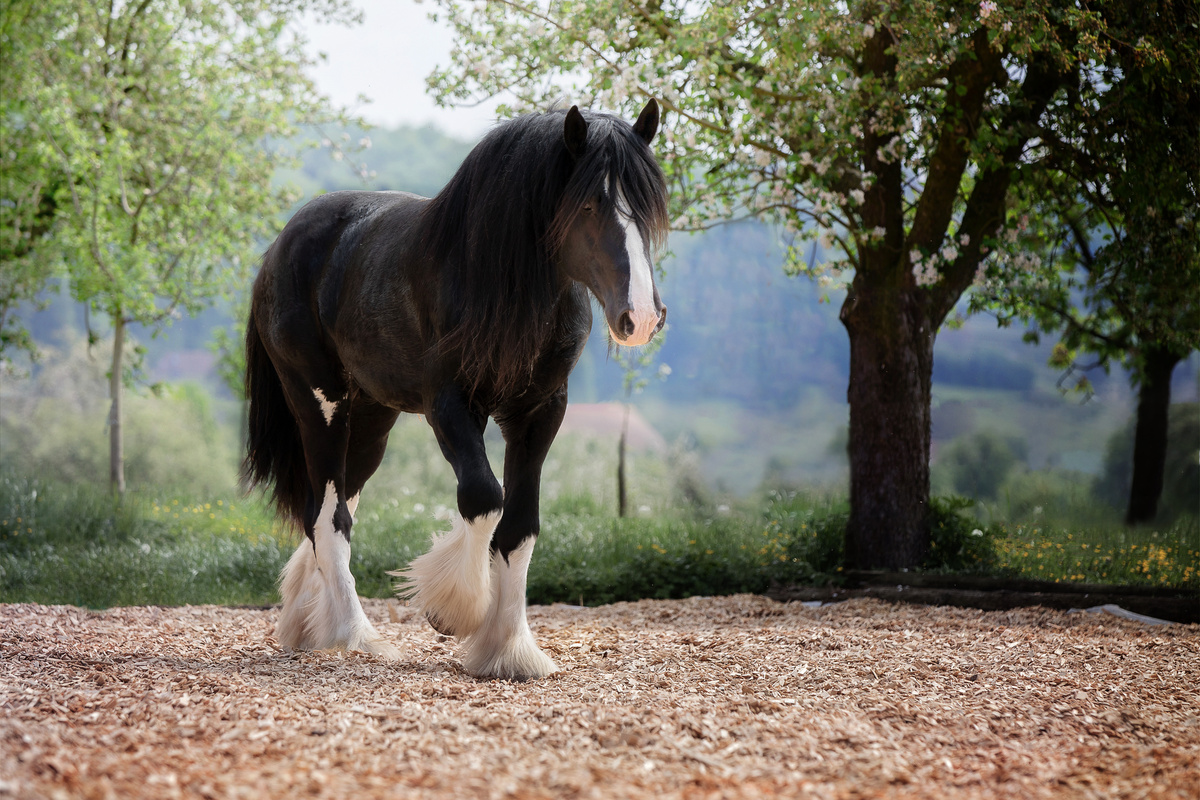
Shires are draught horses – gentle giants from Great Britain and one of the heaviest horse breeds. Their fan club is quite big. People breed them frequently not only for their beauty but also for their calm demeanor.
Shire – roles
The Shire breed was created in Great Britain due to a lack of horses that were able to carry a knight in full armor or pull carriages with military supplies.
Throughout the years, Europe stopped being a center of knight culture and changed its ways of war. Because of this development, Shires known as riding horses – gained a new role as working farm horses. Turns out they were perfect for this role – faster and smarter than oxen. Shires’ strength was useful for tree cutting and for pulling carriages, including those that transported beer from a brewery to pubs. A few breweries on Great British islands still hold the tradition of using Shire horses.
The Industrial Revolution brought channel systems that allowed people to transport heavy cargo to distant locations. Shires were the perfect horses for barge towing along those channels. Shires were also used for public transport; they pulled hefty wagons, handcars, horse-drawn omnibuses, and trams.
The development of farming and transportation drastically lowered the demand for draught horses. At the peak of its popularity, the breed had over a million horses. However, the number plummeted to a few thousand horses in the 50s and 60s of the 20th century.
In 1955, during the yearly British Spring Show, less than 100 horses participated. To this day, Shire horses are considered to be endangered.
Today, horses of this breed are used as draught horses for forestry work, and recreational horse riding, but also as show horses.
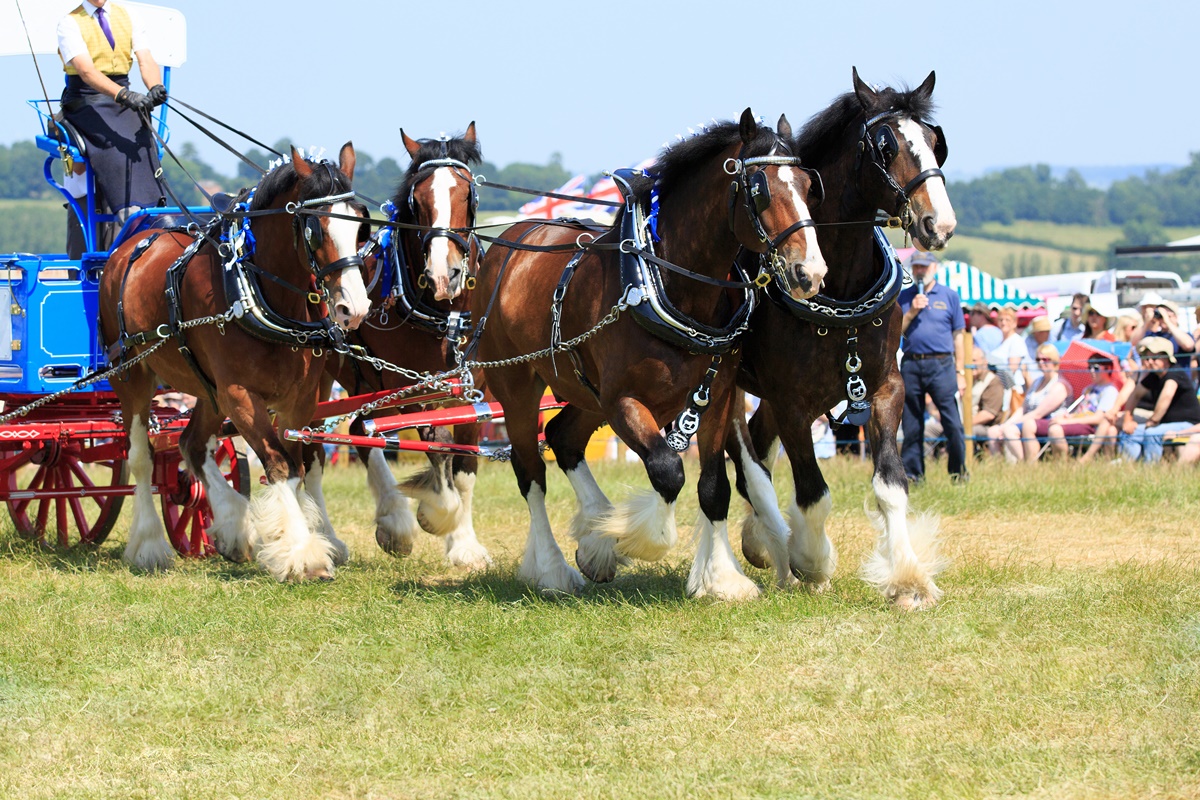
Shire – breed history
Draught horses that are similar to modern Shires appeared around the 16th century in central England. The breed was created by mixing draught horses from Germany and Flanders (situated in modern Belgium, France, and the Netherlands along the coast of the North Sea). Shires also have a mix of Frisian blood – these Frisians came to Great Britain along with the Dutch engineers that traveled there to drain the peat bogs.
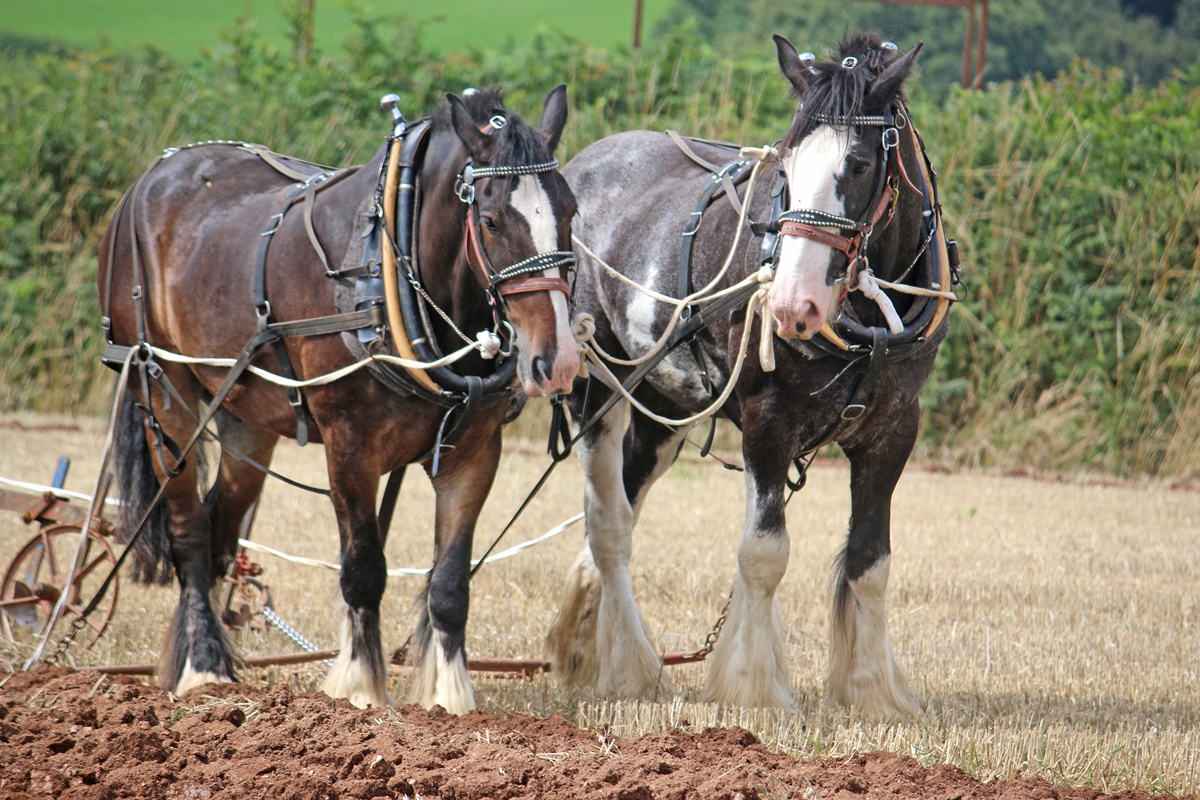
Robert Bakewell was a breeder that helped in the creation of Shires. In 1760 he cross-bred Frisian mares with black Leicestershire stallions. It was an example of purposeful crossbreeding. Almost 116 years later – in 1876 Shire Horse Society was established, and in 1878 – the stud book.
The Bakewell breeding and his proponents led to the creation of two types of Shires:
- Fen or Lincolnshire type – bigger, bulkier horses with thicker mains
- Leicester or Midlands type – a more resilient horse with a smaller body
At the end of the 19th century, some outstanding Shire horses appeared – stallion Honest Tom (sire to 139 registered horses) and stallion Harold - winner of 10 championships and ancestor of most modern Shires. This started the export of this breed, mostly to the USA.
At the time, when the number of Shires was plummeting, people started to crossbreed them with Clydesdales, which changed the look of the breed. Shires gained lushes featherings, which today is a staple characteristic of the breed.
In the 70s, people started to rebuild the breed thanks to the increased public interest. In the USA, Canada, Netherlands, France, and Germany breeding societies were established. In 1966 the first World Shire Horse Congress was organized in Peterborough.
These days, Shire breeding is mostly conducted in England, the USA, Australia, and Canada. These countries have established breeding societies and stud books. Shires can also be found in various countries in Continental Europe.
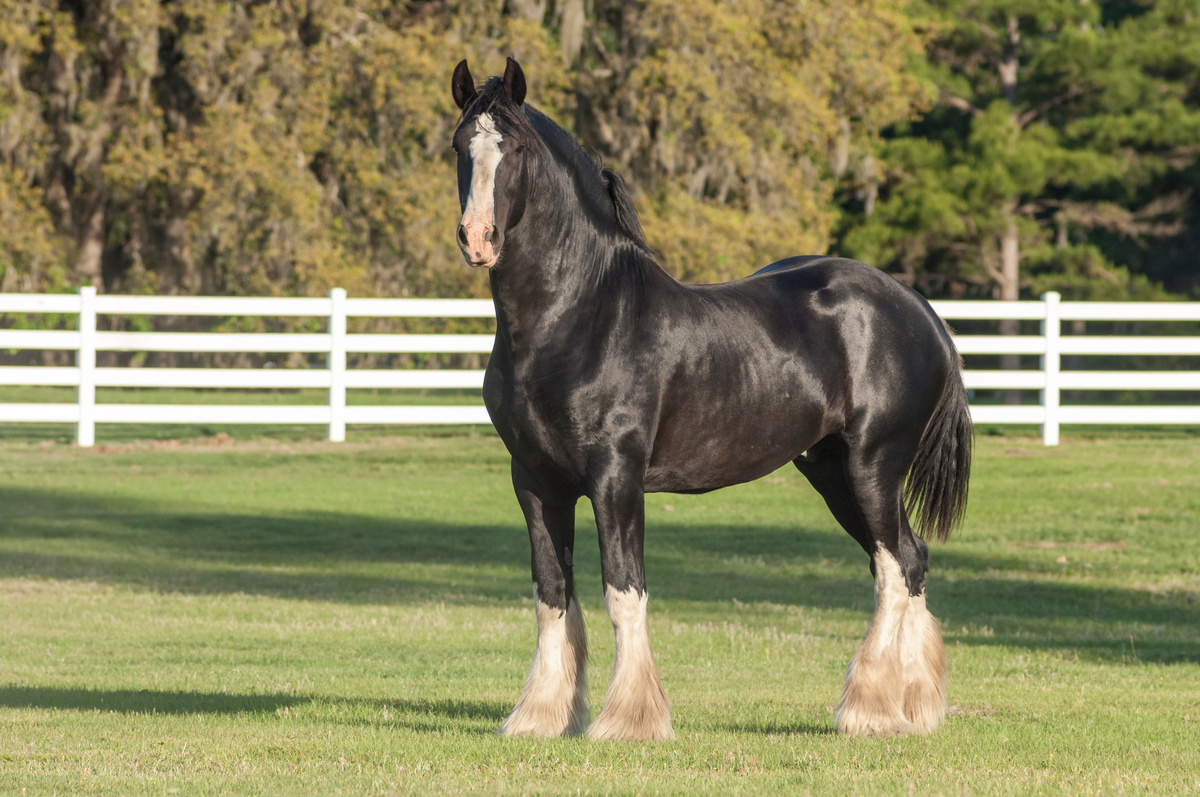
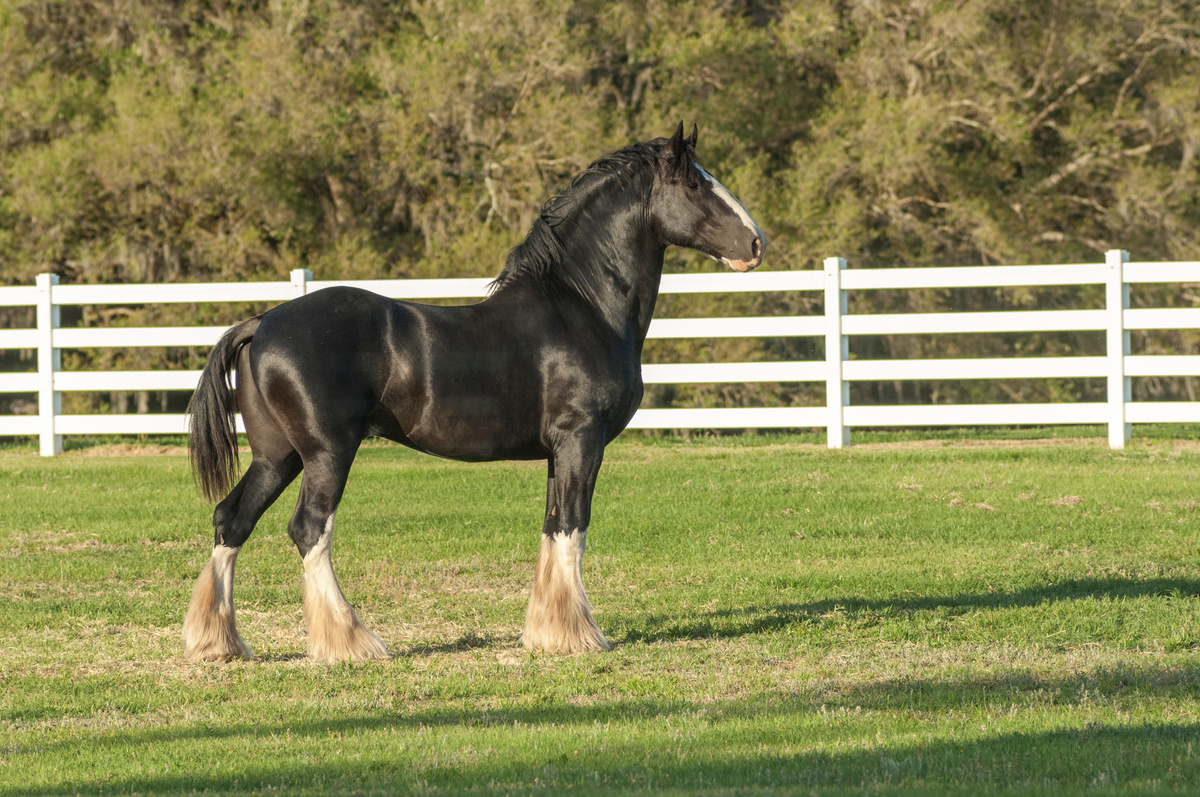
Shires – physique
Shire horses have a very characteristic look. The straight, high-set neck has a long, lean, convex head. These horses have wide shoulders, deep chests, and muscular, slightly sloping croups. They often have extremely muscular yet short bodies. Shires have long legs – longer than any other draught horses.
Their legs as well as heads often have various markings. Their characteristic look also includes a thick main, high set tail, and long, lushes featherings, which almost entirely cover flat and big hooves.
Height: 170-195cm – Shires are the tallest known horse breed.
Weight: from 850kg to 1100kg
Coats: black, bay, and grey
The Shire’s gaits are smooth, and high-stepped, which makes them great carriage-pulling horses. They are also perfect for horse riding thanks to their gentle temperament. Shires are friendly, patient, and gentle giants.
Breeding standards
Shire stallions can be black, bay, chestnut, or grey, but not roan, or with multiple markings (not applicable to mares and geldings).
The average height of adult stallions is set around 178cm, the minimum height is 173cm. Geldings should be at least 168cm, while mares shouldn’t be smaller than 163cm.
Shires – interesting facts
Shires have outstanding physical capabilities and can pull extremely heavy loads. In 1924 during a British Show, it was estimated that a pair of horses pulled a load of 50 tons or more. The weight couldn’t have been accurately calculated because the thrust exceeds the maximum reading on the dynamometer.
Which horse was the biggest in the world?
The biggest reported horse was probably the Shire named Mammoth (also known as Sampson) born in 1848. He was 219cm tall and weighed 1524kg.
Shire – price
Shire horses' price starts from around 25 thousand zlotys. The price depends on the horse’s pedigree, age, level of training, and sex (stallions are more expensive). Before you decide to get a Shire horse it’s worth remembering that:
- Shires need more space than an average horse – the stall will need to be bigger.
- Shires feel the best when turned out
- Shires eat more than other breeds – the cost of keeping a horse of this breed might be slightly higher.
- Shire horses mature a bit later – they shouldn’t be strained too early to let their musculoskeletal system develop properly.
Summary
Shire horses are extremely muscular horses that impress with their height and weight. This patient and friendly breed make a perfect riding horse, despite their previous breeding goal as a carriage-pulling and working farm horse. Despite the fact that the Shires are famous around the world, the horses of this breed are still considered endangered.









